Skincare and Aging: Science-Backed Strategies for Youthful Skin
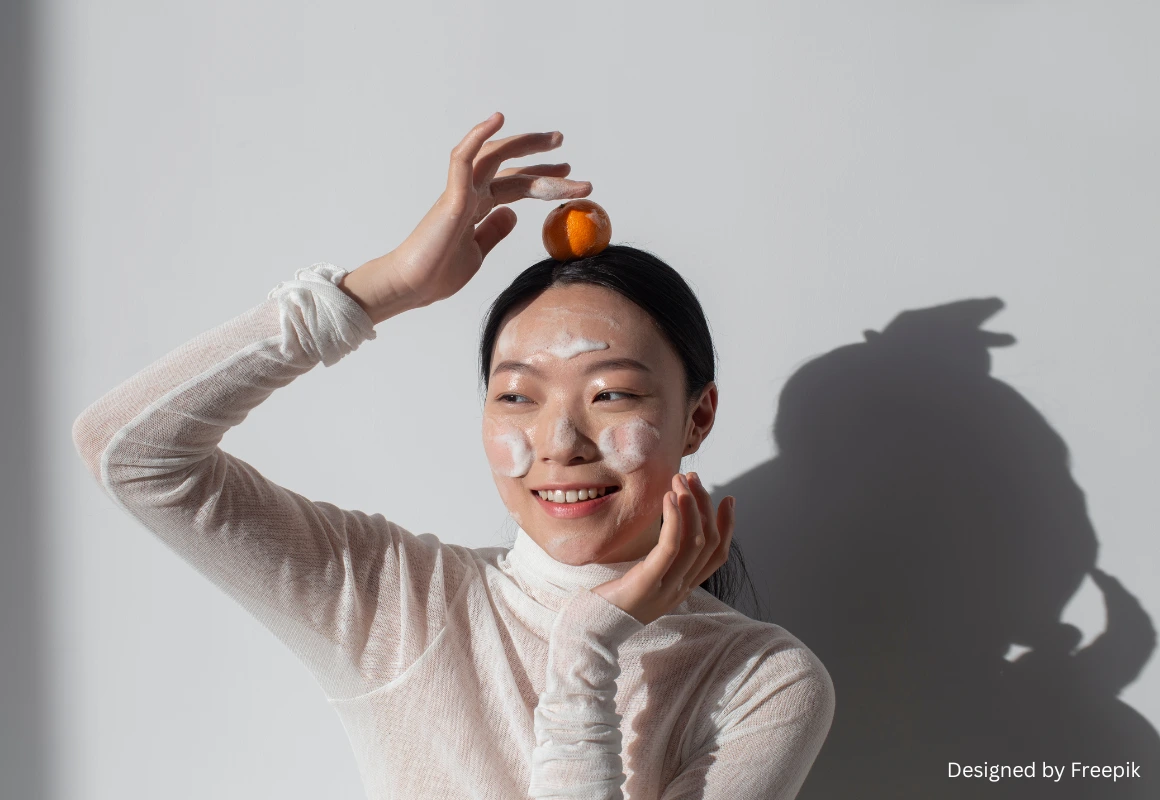
Skincare and Aging: Science-Backed Strategies for Youthful Skin
Aging is an inevitable biological journey, yet modern science and skincare innovations have significantly extended not just lifespan—but healthspan. With the rise of cosmetic dermatology and anti-aging interventions, we’re witnessing a transformation in how we age. This article takes a deep dive into research-backed anti-aging skincare, revealing therapeutic, lifestyle, and technological solutions that promise better skin health and longevity.
We’ll examine the biological processes of aging, key factors affecting skin and overall health, and highlight effective skincare strategies including topical products, cosmetic procedures, and futuristic innovations. Whether you're a cosmetic dermatologist, researcher, or skincare enthusiast, this comprehensive review offers detailed insights to navigate aging with science and confidence.
Understanding Skin Aging and Its Biological Hallmarks
Aging doesn’t affect only appearance—it alters cellular and systemic functions. In skincare, the visible signs of aging—wrinkles, dryness, sagging, and discoloration—are symptoms of deeper physiological changes.
The 9 Hallmarks of Aging
Modern gerontology recognizes nine hallmarks of aging, each contributing to cellular damage and degeneration:
- Genomic instability
- Telomere attrition
- Epigenetic alterations
- Loss of proteostasis (impaired protein folding and maintenance)
- Deregulated nutrient sensing
- Mitochondrial dysfunction
- Cellular senescence (cells lose ability to divide)
- Stem cell exhaustion
- Altered intercellular communication
These hallmarks impact skin elasticity, hydration, and repair mechanisms, accelerating visible signs of aging. For instance, mitochondrial dysfunction impairs collagen synthesis, leading to skin laxity and thinning.
Stages of Aging and Skin Function
Aging is staged across five progressive phases:
- Independence: Minimal decline in skin quality.
- Interdependence: Reduced moisture and elasticity.
- Dependency: Loss of structural proteins (collagen, elastin).
- Crisis management: Severe photoaging, discoloration, wrinkling.
- End-of-life care: Skin integrity severely compromised.
Skin and Organ-Specific Changes with Age
Aging impacts every organ system, but the skin is often the first to show signs. Let’s explore what happens—and how to counteract it.
Skin: Thinner, Drier, Less Elastic
- Thinning and Fragility: Skin loses fat and collagen; dermis thins.
- Dryness and Wrinkles: Decreased natural oils cause dryness and cracking.
- Slower Wound Healing: Reduced blood flow delays tissue repair.
Interventions:
- Use gentle cleansers and moisturizers.
- Apply SPF 30+ sunscreen daily to reduce UV-induced damage (responsible for up to 80% of visible aging).
- Avoid smoking—it accelerates wrinkling by degrading collagen.
Brain & Cognitive Decline
While this may seem unrelated to skincare, cognitive health affects skincare adherence and hygiene. Memory loss can hinder regular routines.
Solutions:
- Regular exercise improves cerebral blood flow.
- Mental stimulation (reading, puzzles) and social interaction reduce cognitive decline.
Bones, Joints, and Muscles
Muscle loss and joint stiffness affect posture and facial expression, indirectly contributing to an aged look.
Supportive care:
- Calcium: 1,000 mg/day (1,200 mg for women 51+).
- Vitamin D: 600–800 IU daily to support bone and skin health.
- Weight-bearing exercises enhance both bone density and skin tone.
Digestive & Urinary System
Constipation and incontinence can affect overall health, but poor digestion also hampers nutrient absorption—impacting skin vitality.
Tips:
- Eat high-fiber, antioxidant-rich foods (berries, leafy greens).
- Stay hydrated.
Evidence-Based Anti-Aging Skincare Interventions
Targeted interventions can reverse or delay skin aging. These include both topical and procedural treatments.
1. Topical Retinoids (Vitamin A derivatives)
- Retinoids stimulate collagen production and cell turnover, reducing fine lines and evening out pigmentation.
- Regular use improves skin firmness and smoothness.
- Caution: Can be irritating—start slow and use with moisturizers.
2. Vitamin C and Antioxidants
- Vitamin C neutralizes free radicals and brightens skin tone.
- Improves elasticity and reduces UV damage when used in combination with SPF.
- Look for products with L-ascorbic acid in concentrations of 10–20%.
3. Hyaluronic Acid
- This humectant holds up to 1,000 times its weight in water, providing intense hydration.
- Results in plumper, dewier skin and softens the appearance of fine lines.
4. Sunscreen (SPF 30+ Broad Spectrum)
- Essential for all ages and all skin types.
- Reduces the risk of photoaging, pigmentation, and skin cancer.
- Combine with antioxidants for maximum protection.
Cosmetic Procedures for Anti-Aging Skincare
When topical treatments aren’t enough, cosmetic dermatology offers minimally invasive interventions that provide significant results.
Neuromodulators (Botox, Dysport, Xeomin)
- Temporarily relax facial muscles.
- Smooth frown lines, crow’s feet, and forehead wrinkles.
- Effects last 3–4 months.
Dermal Fillers (Hyaluronic Acid, Sculptra)
- Plump sunken cheeks, lips, and under-eye hollows.
- Results are immediate and last from 6 months to 2 years, depending on the product.
Chemical Peels
- Remove damaged outer layers, stimulating new skin growth.
- Effective for age spots, fine lines, and dullness.
- Downtime varies by peel depth (light to deep).
Laser Treatments (Fraxel, Nonablative Resurfacing)
- Stimulate collagen remodeling.
- Treats wrinkles, hyperpigmentation, and texture.
- Multiple sessions often needed.
Microdermabrasion and Dermabrasion
- Exfoliate upper skin layers, promoting smoother skin.
- Microdermabrasion is gentler, requires no downtime.
- Effective for surface wrinkles and minor scars.
Lifestyle & Technological Solutions in Anti-Aging
Your skin reflects your lifestyle. Complementary habits and cutting-edge technologies are reshaping longevity.
1. Diet & Calorie Restriction
- Mediterranean diet (rich in fruits, olive oil, fish) slows biological aging.
- Intermittent fasting reduces inflammation and oxidative stress.
2. Exercise
- Promotes circulation, enhances collagen production, and reduces stress hormones.
- Studies link resistance + aerobic training to cognitive and dermatological benefits.
3. Anti-Aging Technology & Smart Skincare
- Smart homes monitor routines, medication, and hydration—critical for the elderly.
- AI skincare apps suggest personalized regimens based on real-time skin analysis.
- Robotic care (Japan’s Resyone, Paro robot) aids elderly skincare and emotional wellness.
4. Senolytic Drugs and Anti-Aging Research
- Dasatinib + quercetin combination shows potential in clearing senescent cells (damaged, aging cells that linger).
- Synthetic peptides and reversalogues mimic natural antioxidants, promoting cell division and reducing wrinkles.
Conclusion: The Future of Skincare Is Science-Driven
Skincare is no longer a cosmetic luxury—it’s a medical and scientific field evolving rapidly. By addressing cellular aging, nutrient delivery, and environmental stressors, we can significantly delay or even reverse signs of skin aging.
Through a combination of topical treatments, lifestyle changes, cosmetic procedures, and emerging technologies, individuals can enjoy healthier, more resilient skin for longer. But consistency is key. Starting early, following evidence-based routines, and consulting professionals can make a measurable difference.
Whether it’s retinol at night, SPF by day, or the use of AI-based skin analysis tools, today's skincare integrates dermatology, technology, and personalized wellness like never before.
References
- Neeraja P., Mamidi S. A., & Bhanu Sri G. (2022). Ageing: Therapeutics to Longevity, World Journal of Pharmaceutical Research, Vol. 11(3), pp. 2191–2216. DOI:10.20959/wjpr20223-23446
- National Institute on Aging. https://www.nia.nih.gov/health
- Guan LL, Lim HW, Mohammad TF. (2021). Sunscreens and Photoaging, American Journal of Clinical Dermatology.
- Krutmann J. et al. (2017). The Skin Aging Exposome, Journal of Dermatological Science.
- Ahmed IA et al. (2020). Natural Anti-Aging Skincare: Role and Potential, Biogerontology.
- Satriyasa BK. (2019). Botulinum Toxin A for Reducing Wrinkles, Clinical Cosmetic and Investigational Dermatology.
- Bertossi D. et al. (2019). Skin Rejuvenation via Fraxel Laser & Microbotox, Lasers in Medical Science.

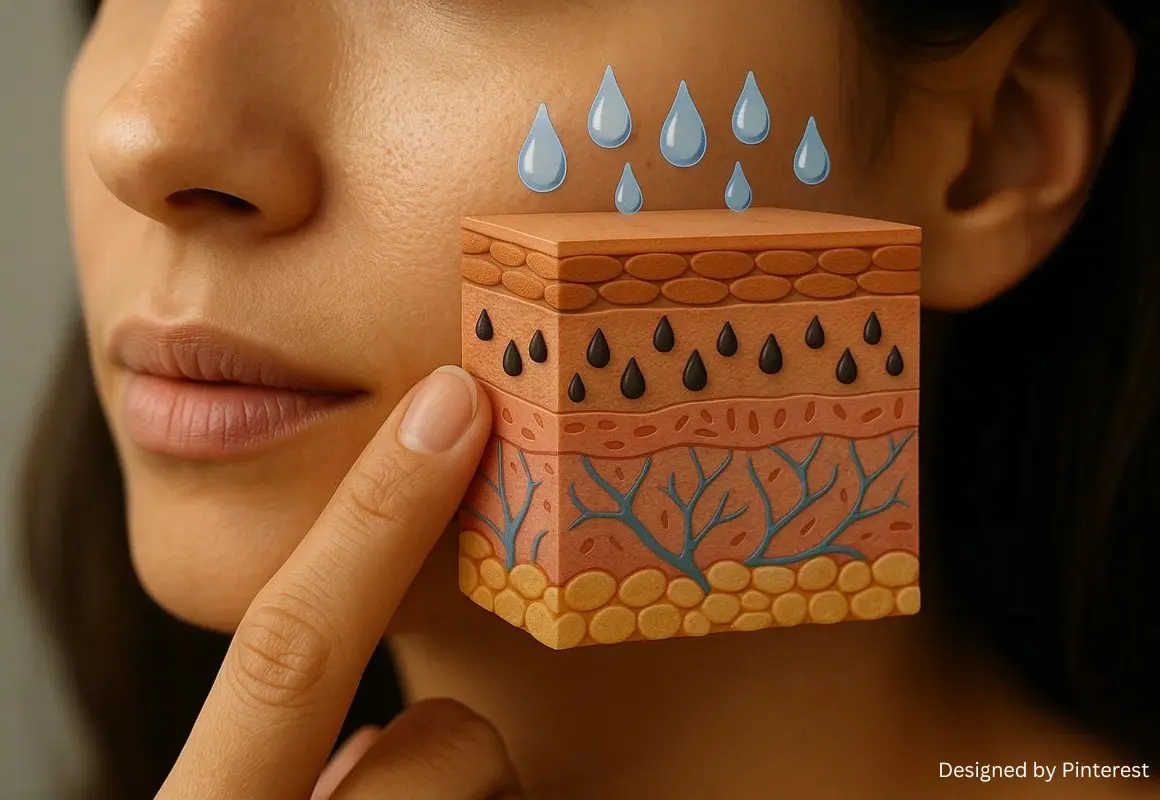
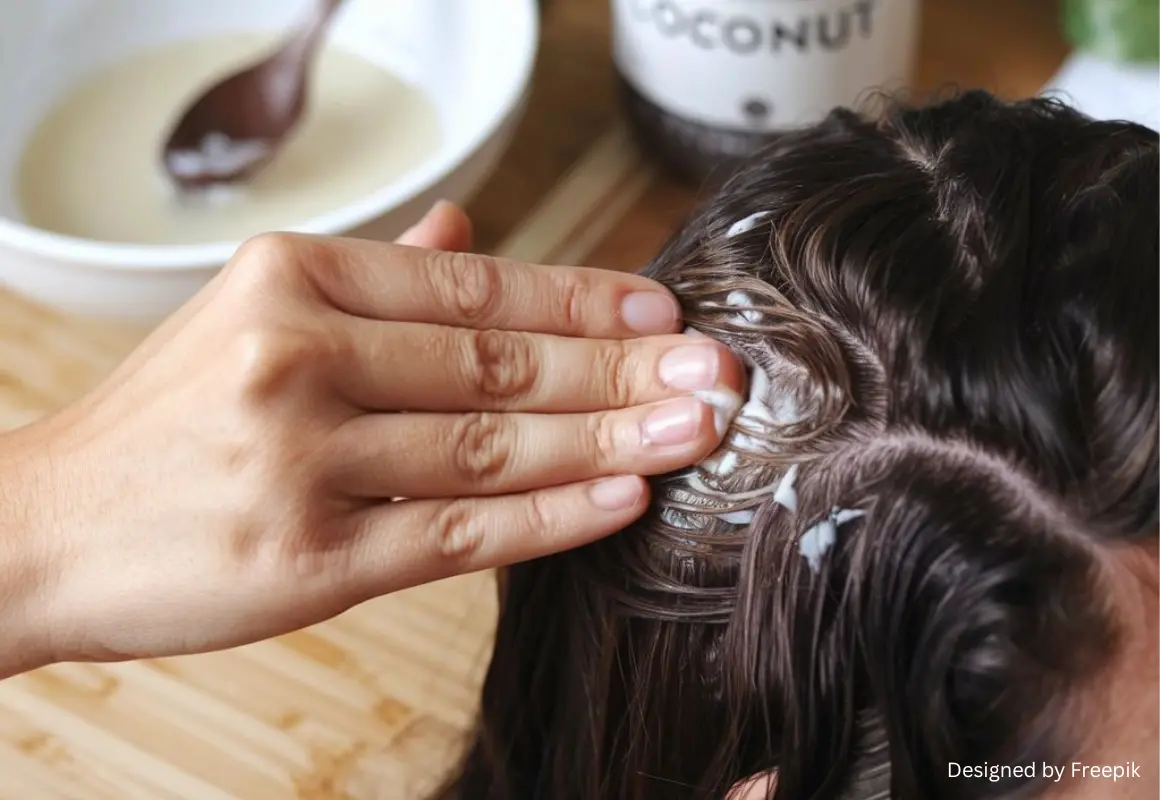
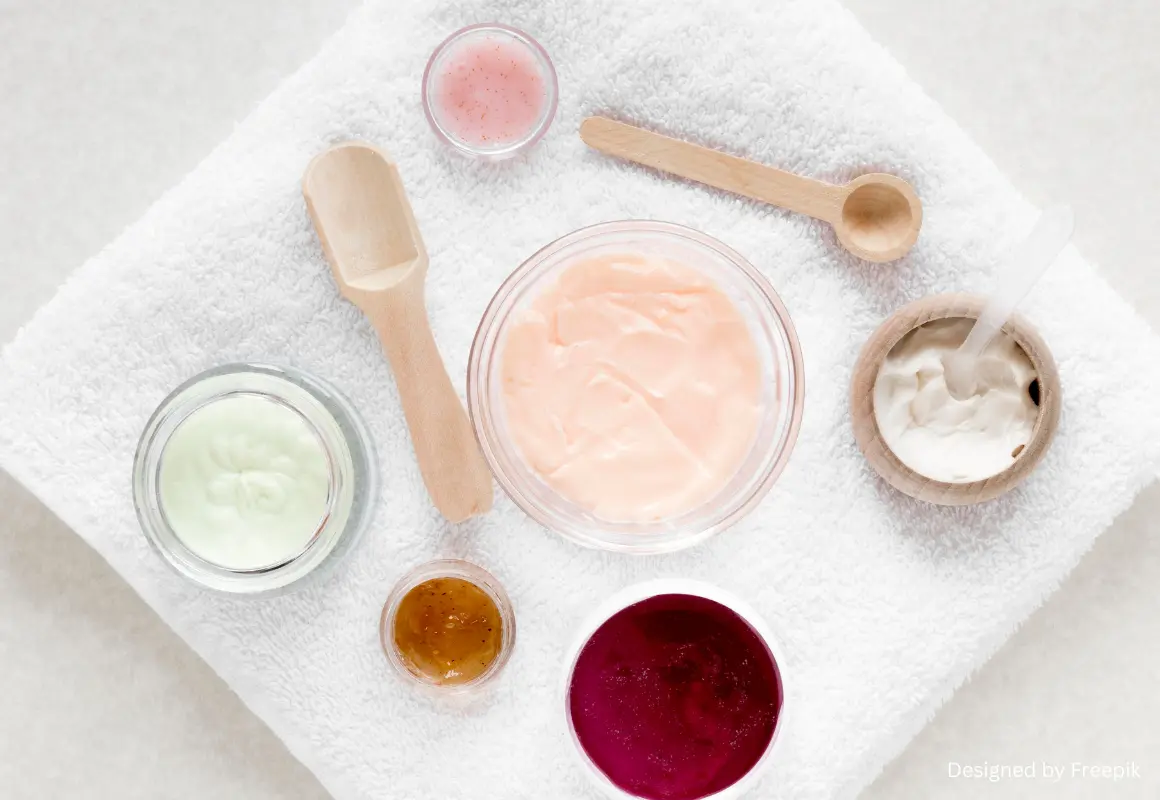
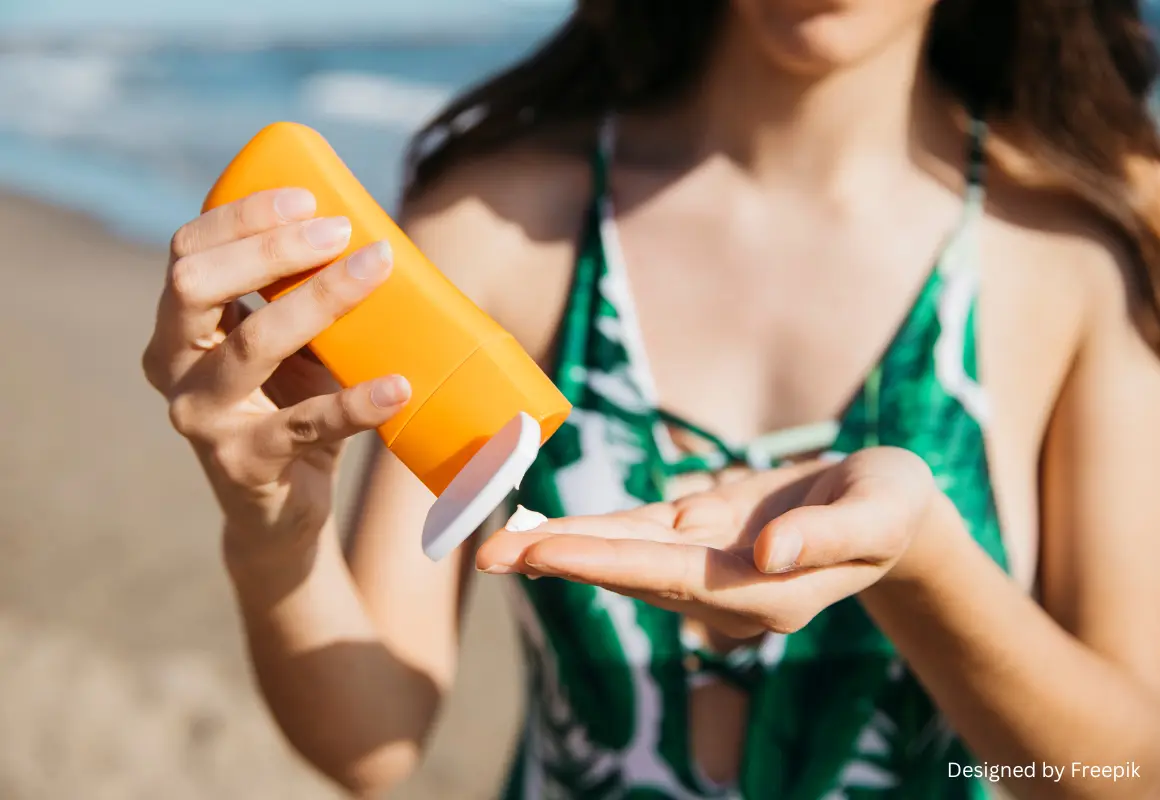
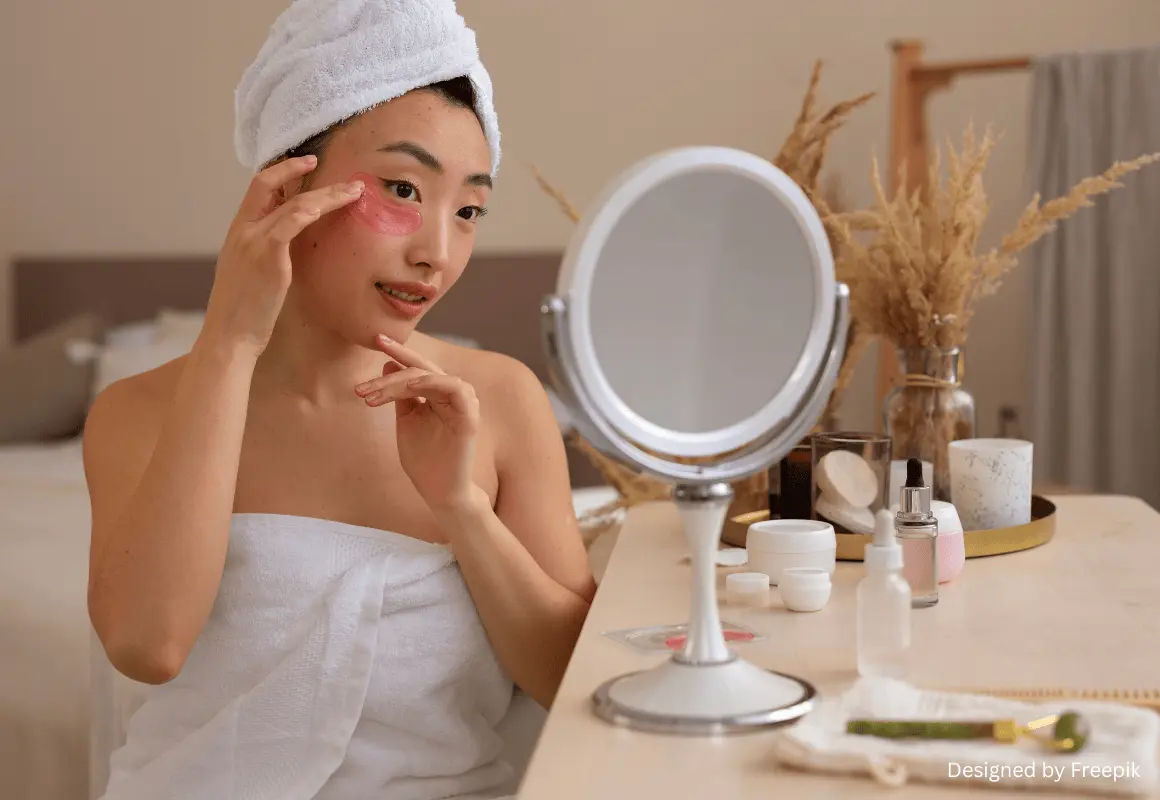

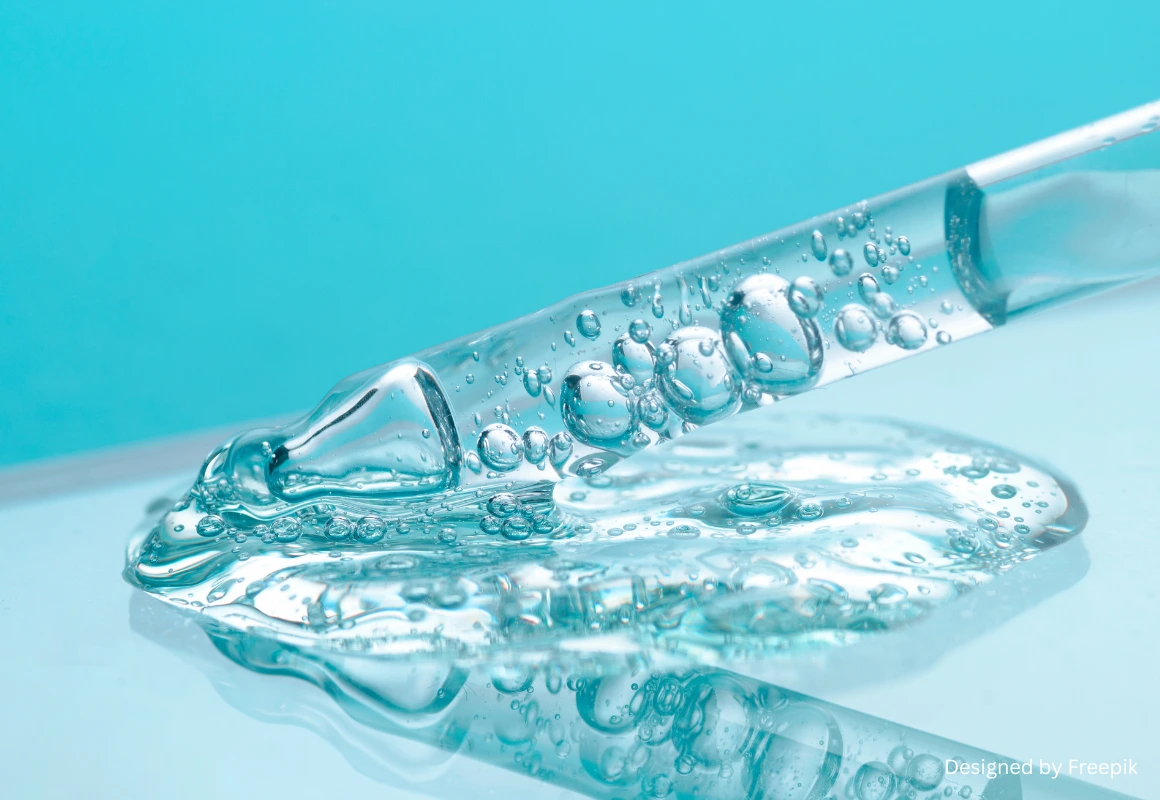
.webp)